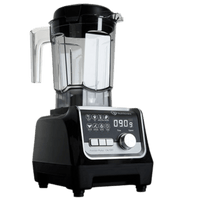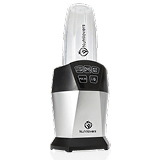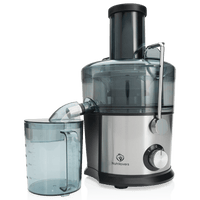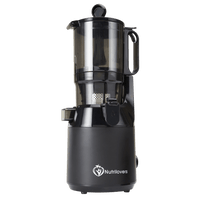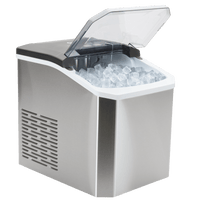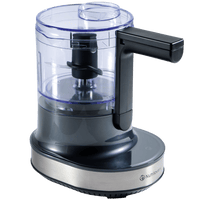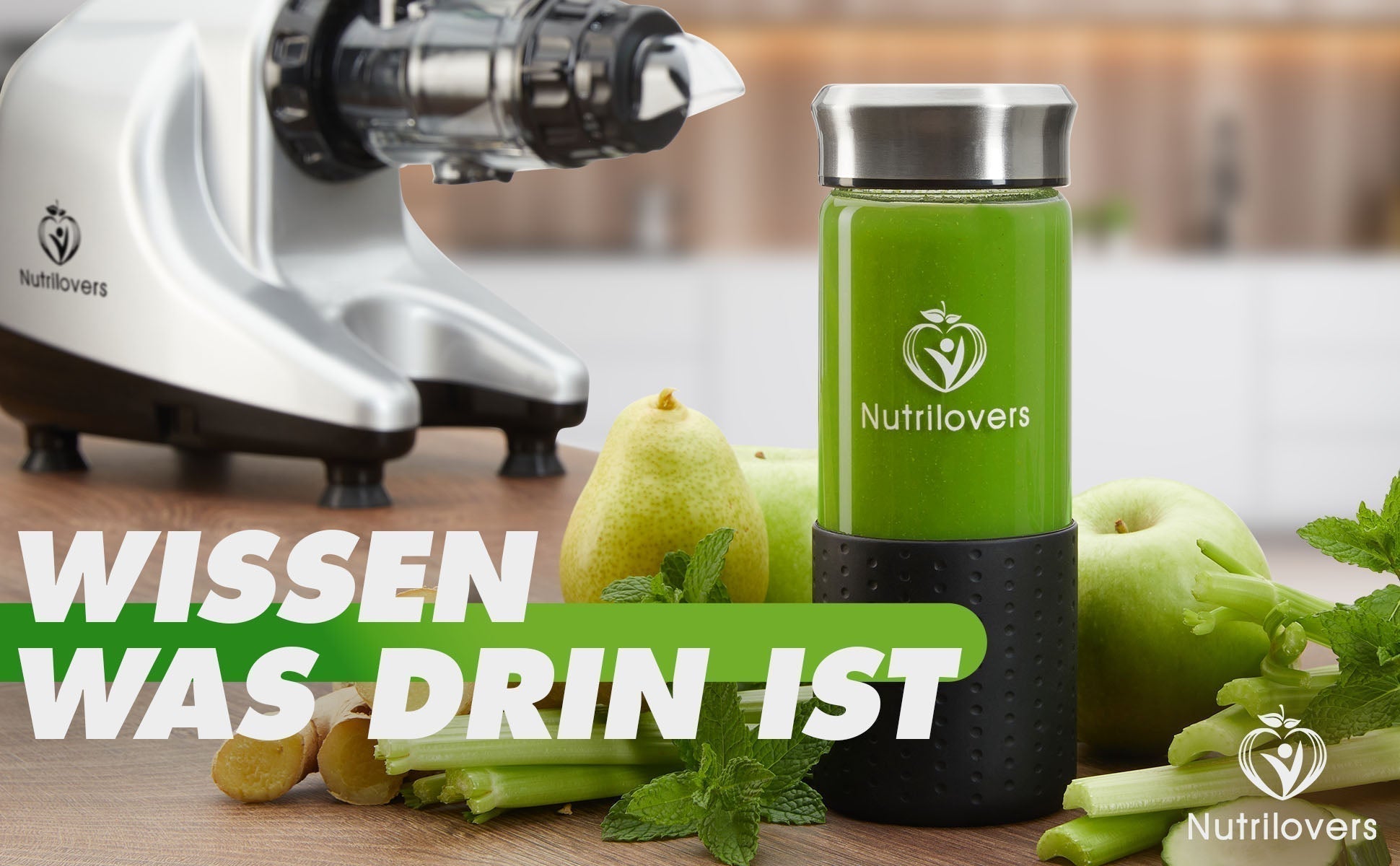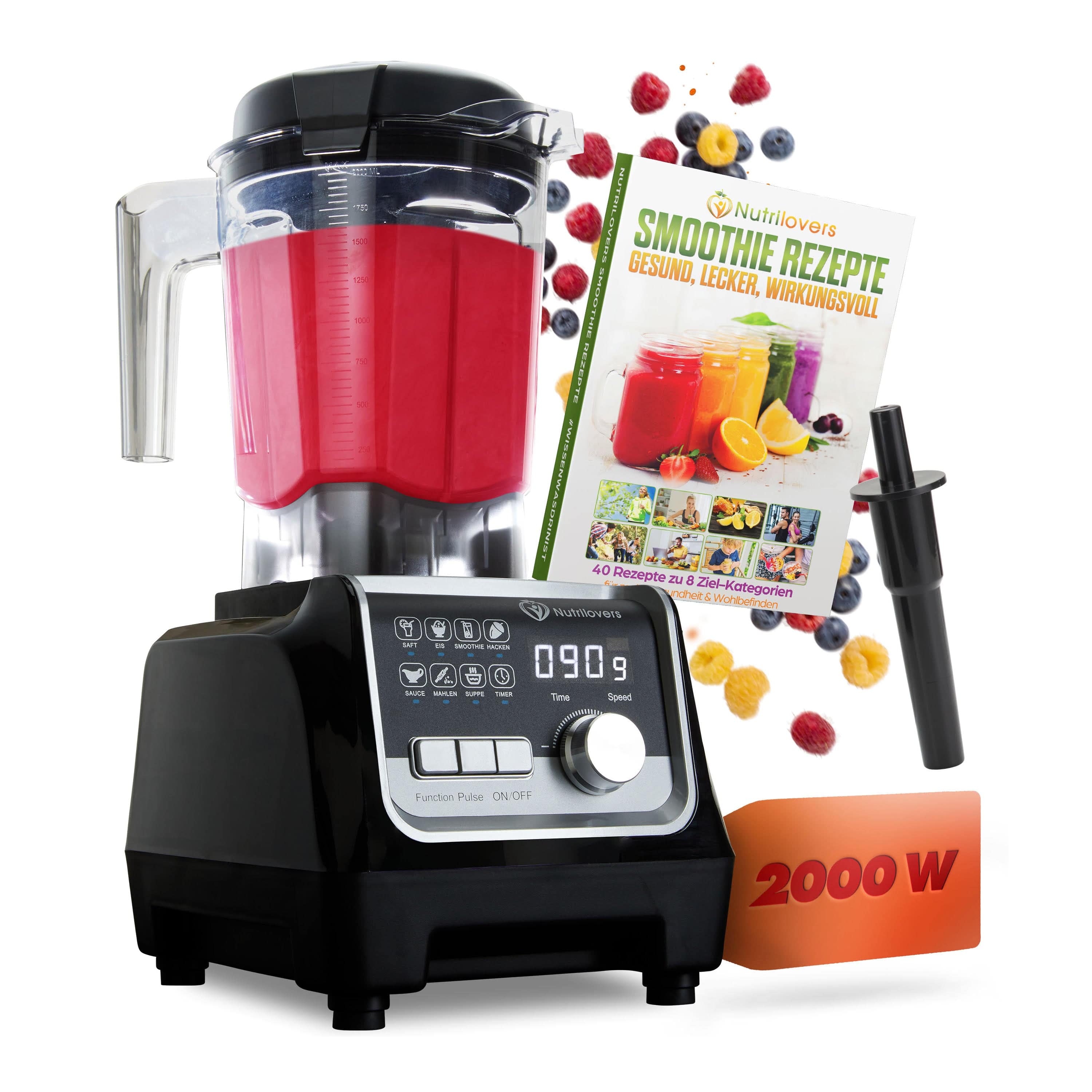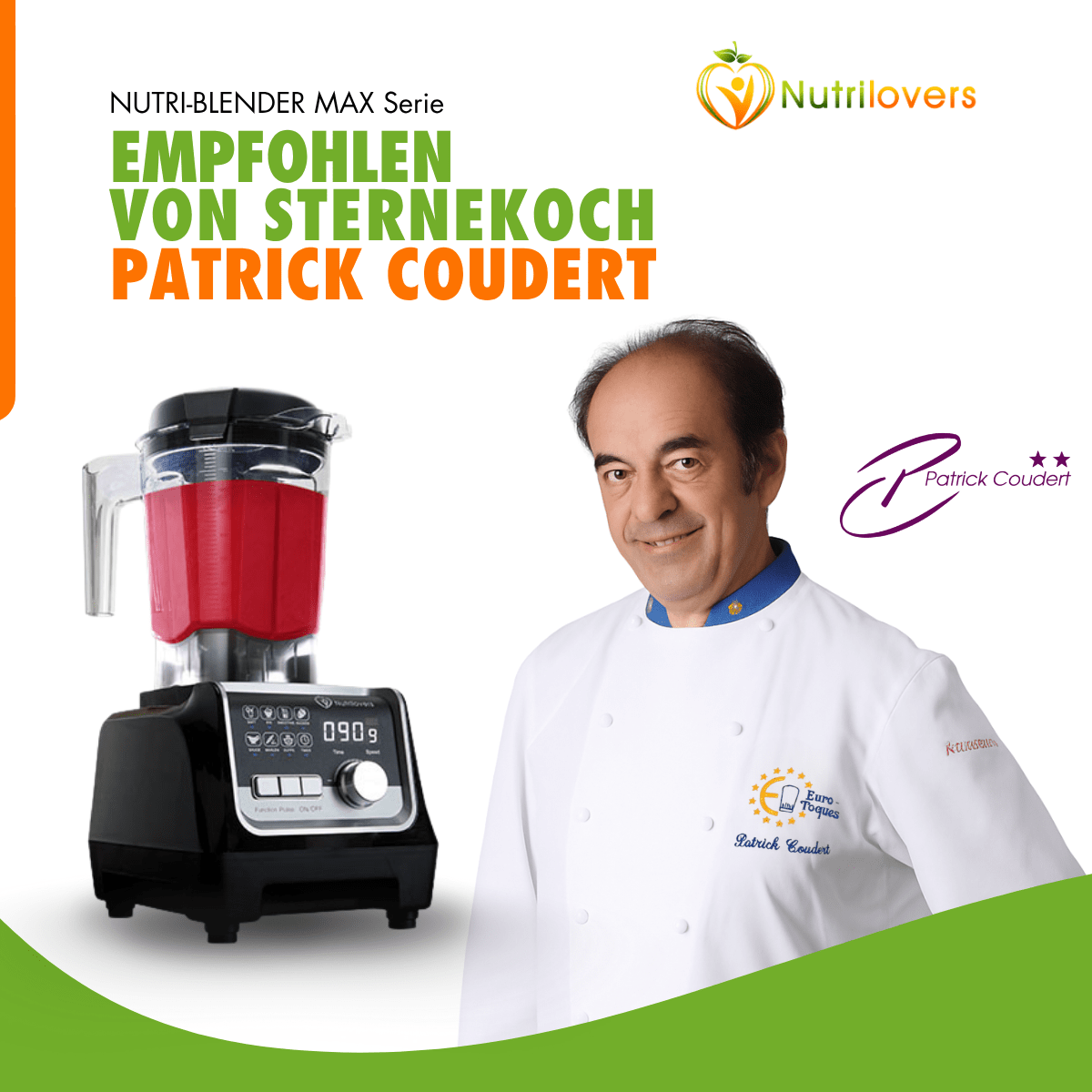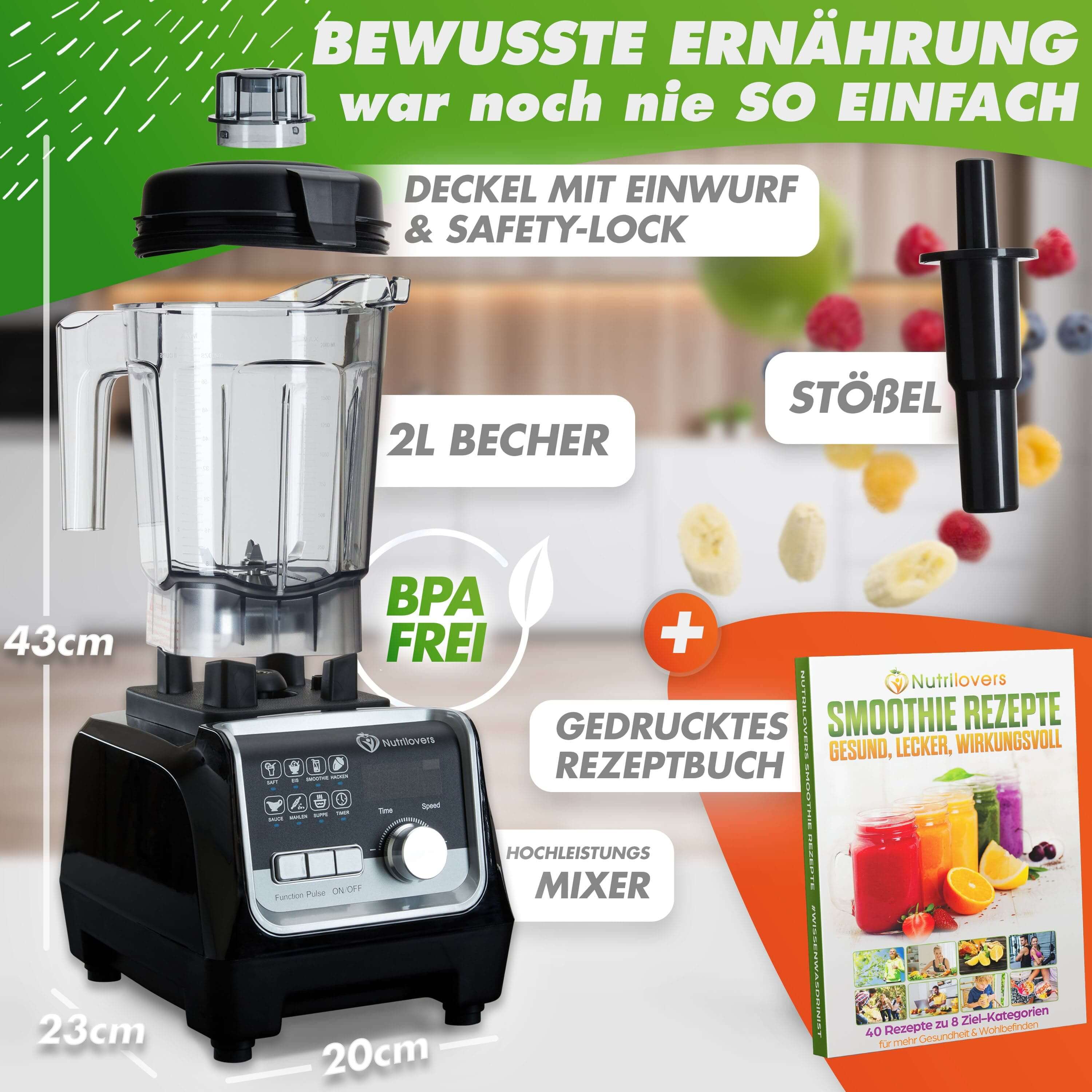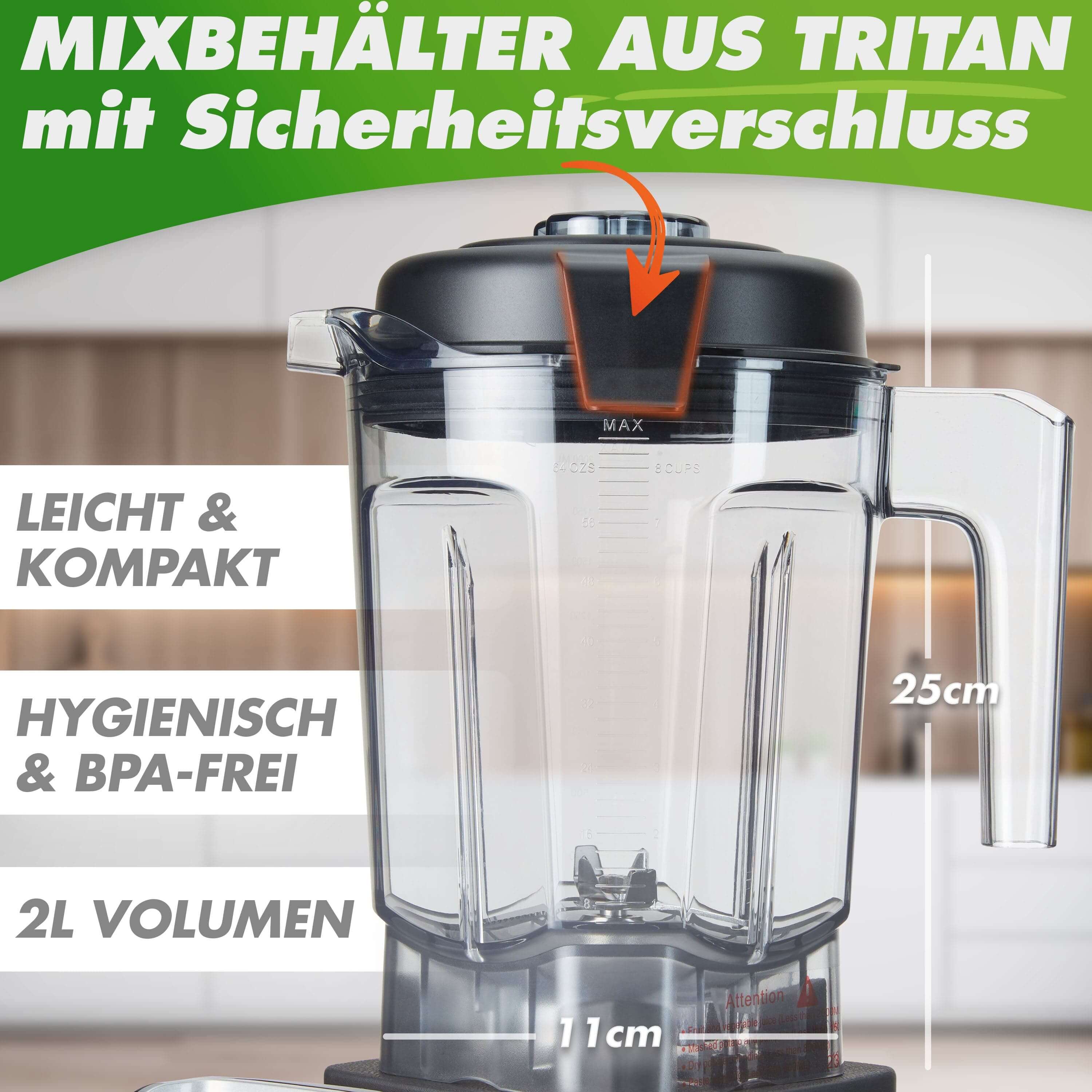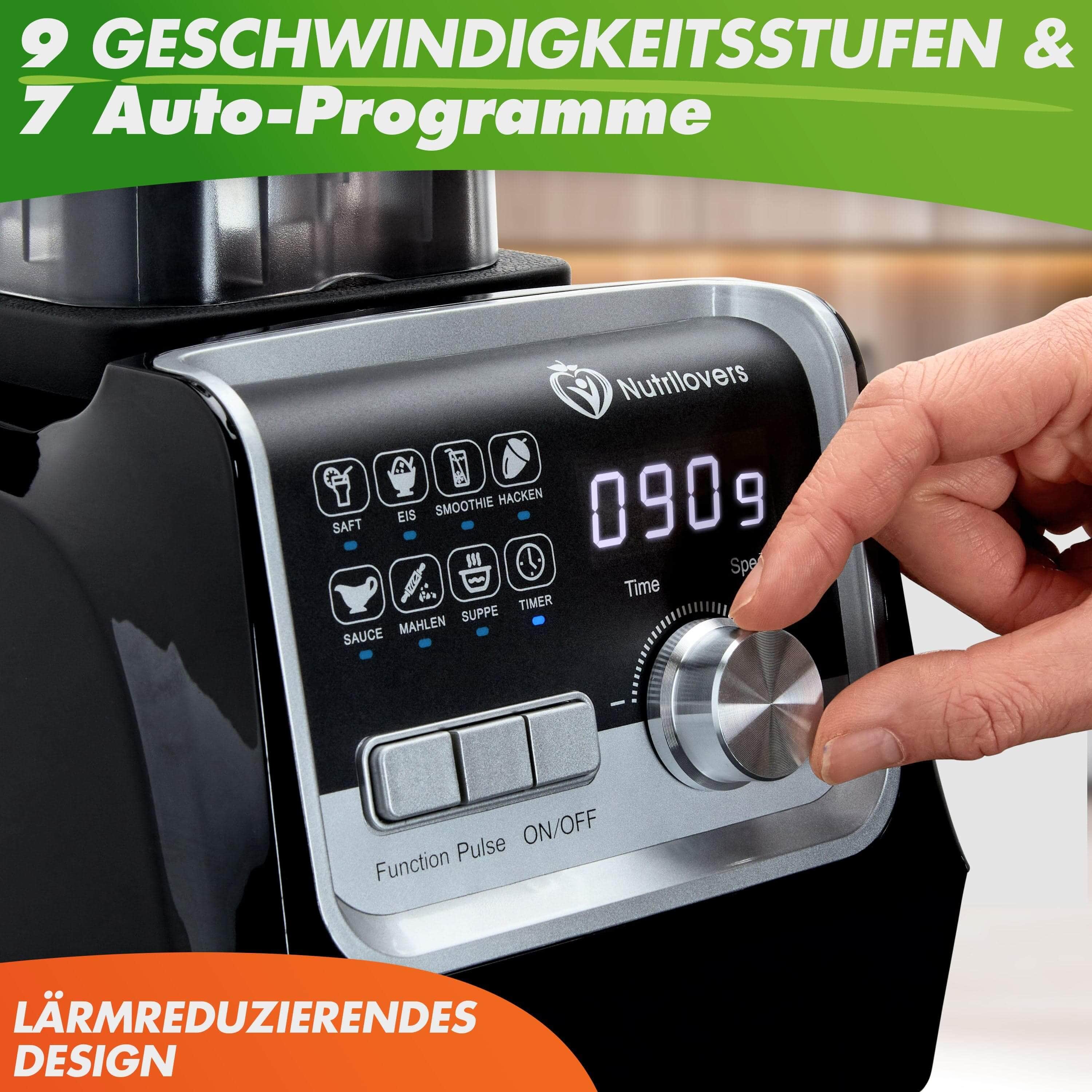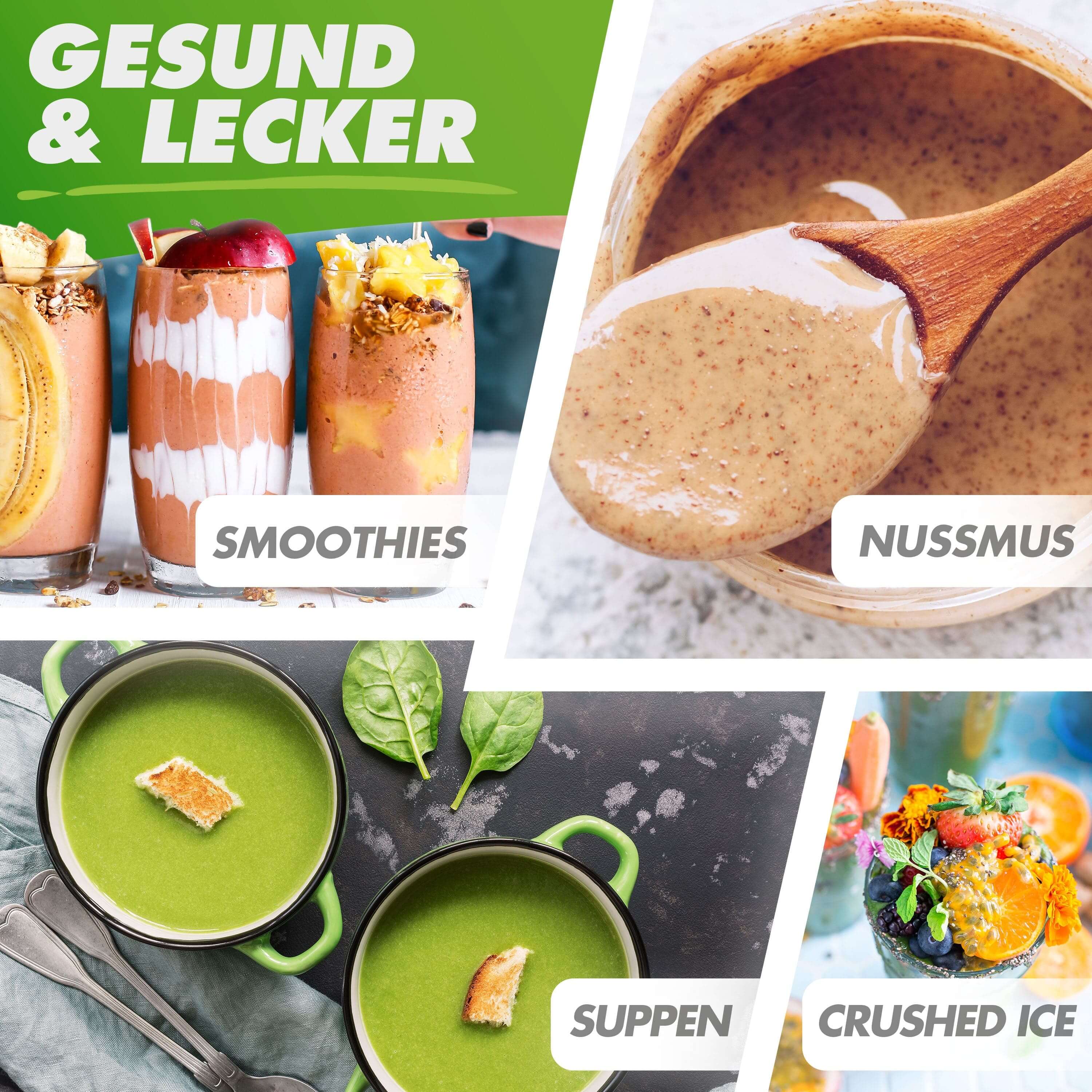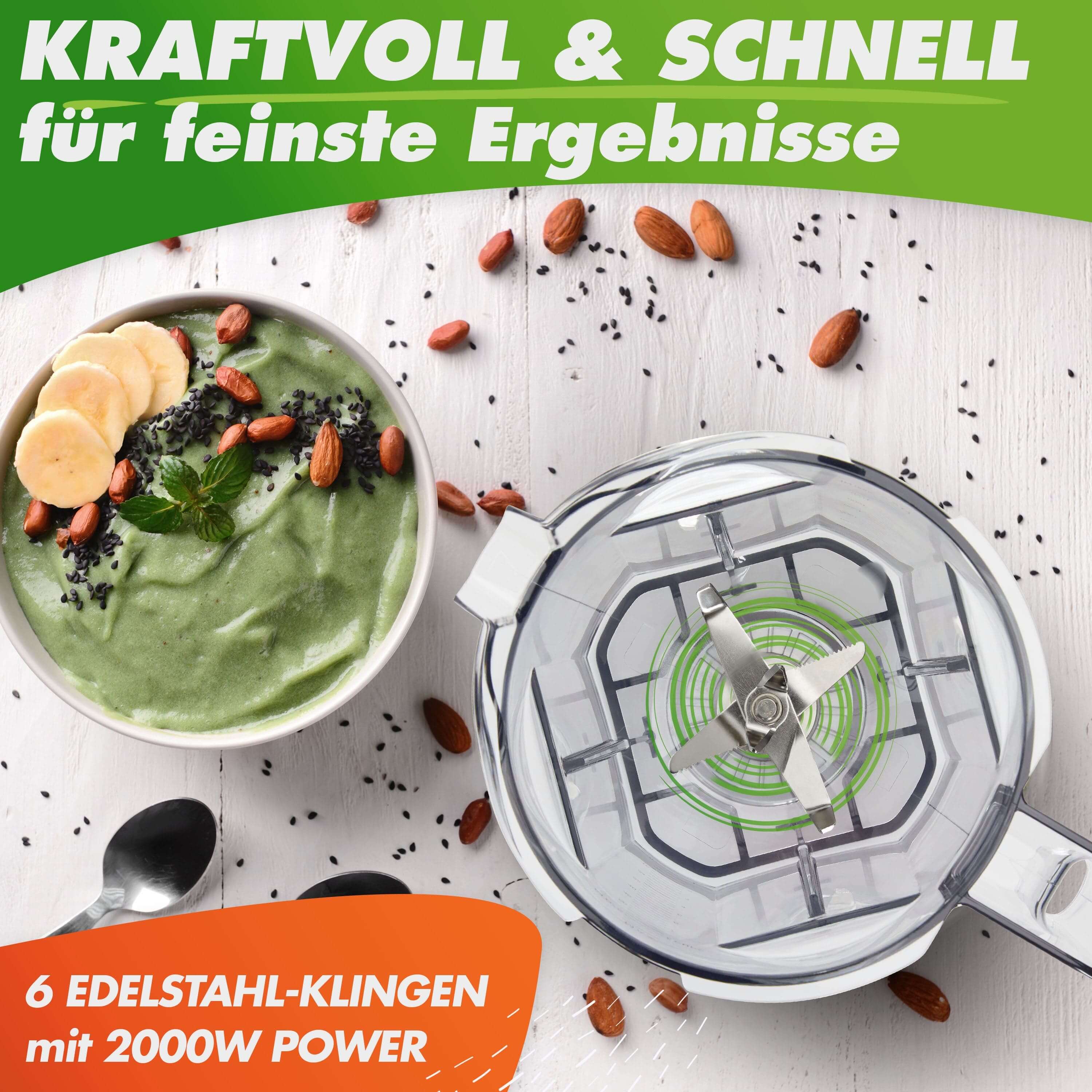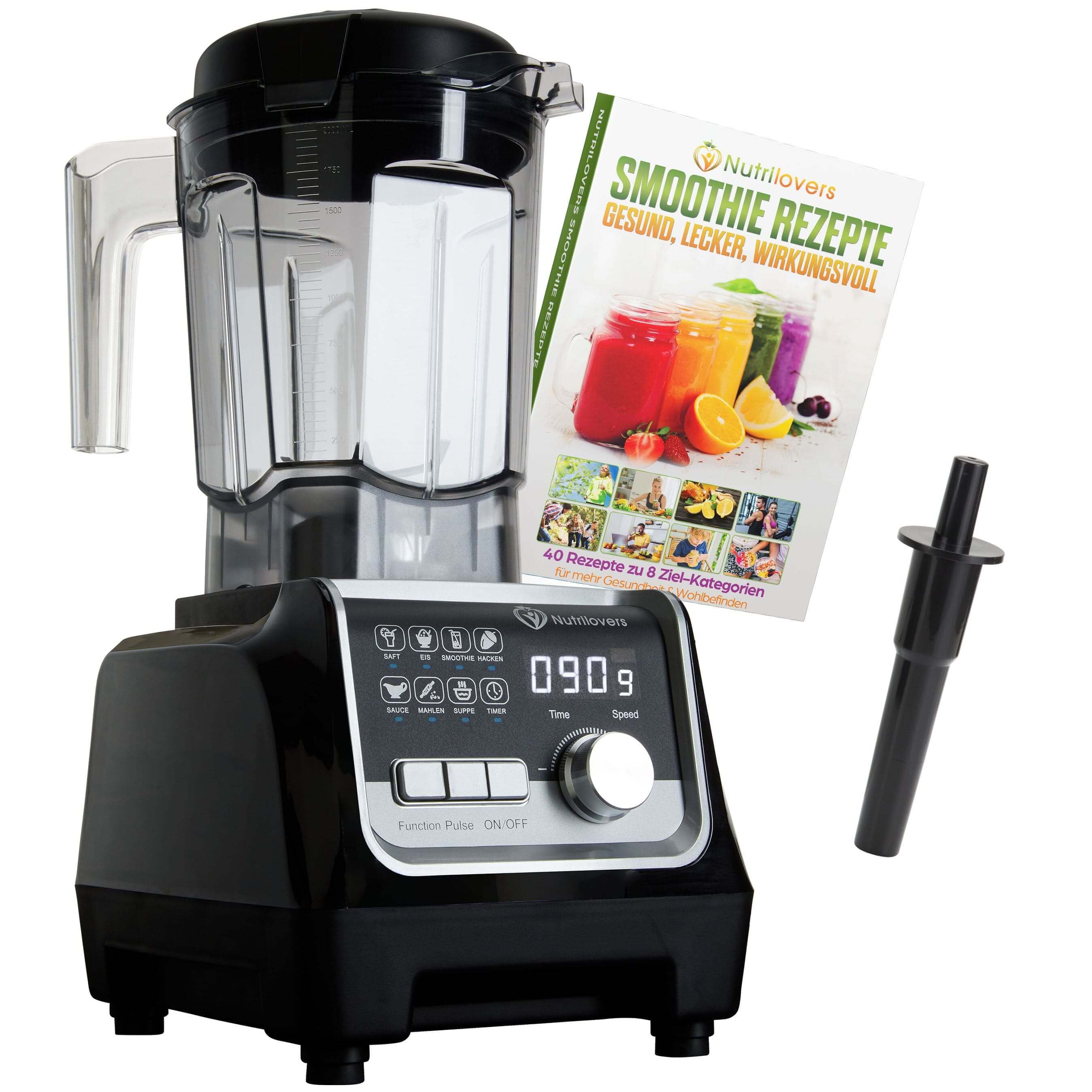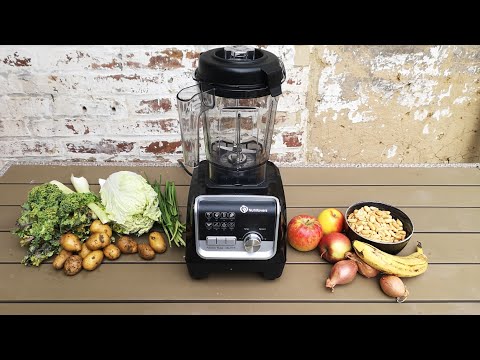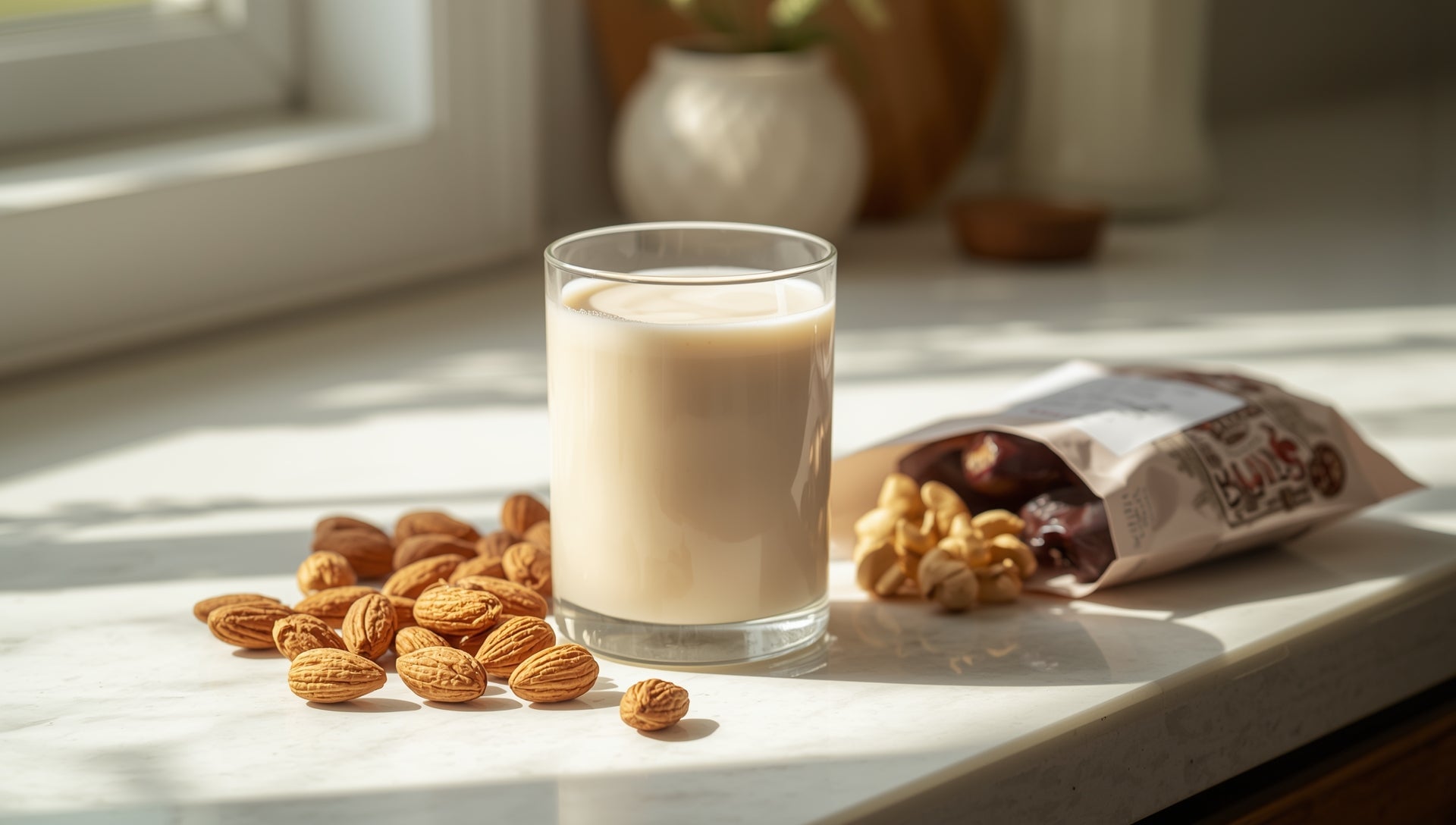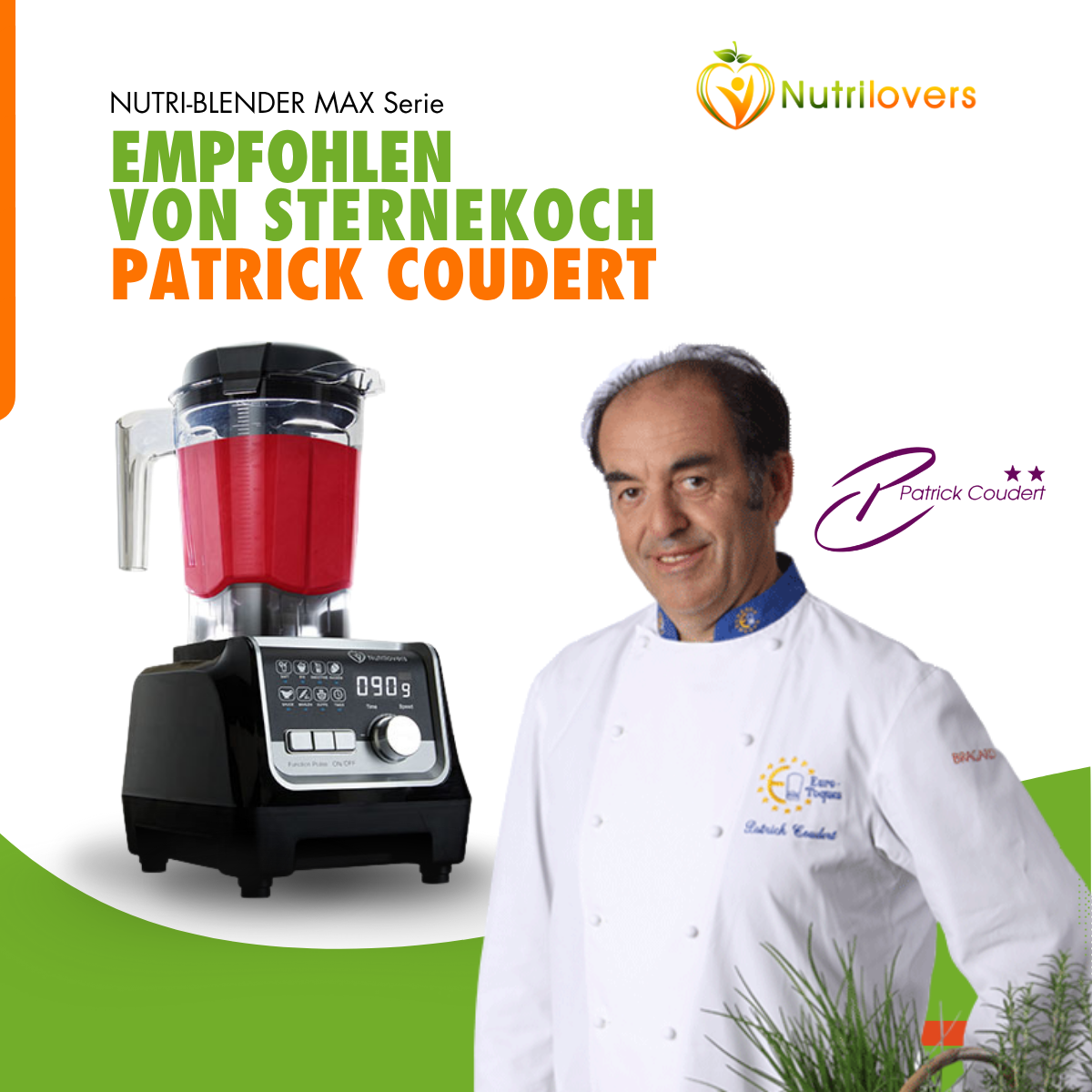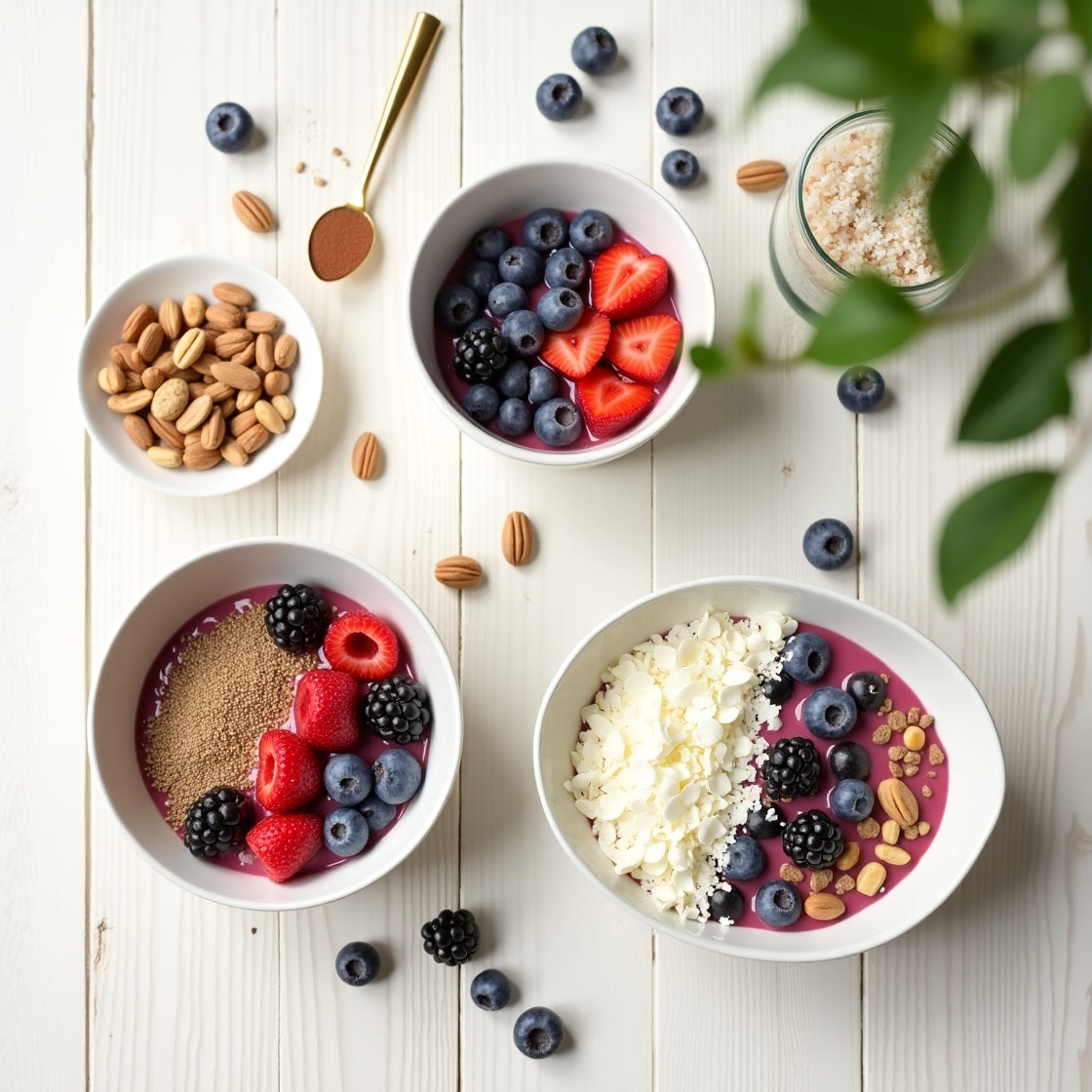The best and right juicer for you depends on your individual needs and preferences. There are different types of juicers, including centrifugal juicers , slow juicers (also known as cold press juicers or slow juicers), and citrus juicers. Here are some considerations to help you choose the right juicer:
- Type of juice: Consider what type of juice you plan to make most often. If you primarily plan to make fresh fruit and vegetable juices, slow juicers are a good choice, as they extract the juice gently and preserve more nutrients. Citrus presses are suitable for citrus fruits, while centrifugal juicers can quickly extract large quantities of juice from hard fruits and vegetables.
- Noise and speed: If you value a quiet juicer, slow juicers are generally quieter than centrifugal juicers. Centrifugal juicers are faster, while slow juicers are slower.
- Cleaning: Cleaning your juicer can be time-consuming. Consider how much time you're willing to spend on it. Some models are easier to clean than others.
- Space requirements: Consider the space available in your kitchen. Some juicers are more compact than others and take up less space.
- Budget: Budget is an important factor when choosing a juicer. Juicers come in a variety of price ranges, so choose one that fits your budget.
- Quality and durability: Pay attention to the quality of the juicer and the materials it's made of. High-quality juicers generally last longer.
- Customer ratings and reviews: Read ratings and reviews from other users to learn more about a juicer's performance and reliability.
Juicer comparison table: Find your perfect juice companion
The advantages of slow juicers:
Nutrient preservation: Slow juicers extract juice through slow, gentle pressing. This preserves more vitamins, minerals, and enzymes, as the lower heat minimizes oxidation.
Better juice quality: The juice from a slow juicer is often clearer and more flavorful. The slow pressing ensures a higher juice yield and less foam formation.
Versatility: Slow juicers can process a wide range of ingredients, including leafy greens, hard vegetables, fruits, and even nuts for nut milk.
Longer shelf life: Due to less oxidation and less oxygen contact, juice from a slow juicer has a longer shelf life than juice from centrifugal juicers.
Low noise level: Slow juicers are generally quieter in operation than centrifugal juicers, which makes preparing juices more pleasant.
More juice yield: Slow juicers extract more juice from the same ingredients compared to centrifugal juicers, which can save costs in the long run.
Easy to clean: Most slow juicers are easy to disassemble and clean, making maintenance easier.
Fiber-rich juices: Slow juicers allow more fiber to be retained in the juice, which promotes satiety and aids digestion.
Healthy juices: The higher juice quality and the preserved nutrient content make juices from slow juicers a healthy choice for a balanced diet.
Creativity in juicing: With slow juicers, you can prepare creative juices and smoothies by combining different ingredients and experimenting.
Ingredients that are well suited for the slow juicer:
- Leafy greens: spinach, kale, chard and parsley.
- Soft fruits: strawberries, grapes, pears and peaches.
- Root vegetables: carrots, beets and radishes.
- Citrus fruits: lemons, limes, oranges and grapefruits.
- celery
- cucumbers
- Ginger and turmeric
- tomatoes
The advantages of centrifugal juicing:
Fast juice extraction: Centrifugal juicers are very efficient and can extract juice quickly. This is ideal if you're short on time or want to quickly prepare a fresh juice in the morning.
Affordability: Centrifugal juicers are generally less expensive than other types of juicers, making them a cost-effective option.
Easy to use: They are simple to operate and don't require extensive preparation of ingredients. Most ingredients can be added to the juicer without prior chopping.
Large hopper: Most centrifugal juicers have a wide hopper that allows you to add whole fruits or large pieces of vegetables without cutting them.
Easy to clean: Centrifugal juicers are often easy to clean, as most parts can be put in the dishwasher or quickly cleaned by hand.
Versatility: They are capable of processing a wide variety of ingredients, including hard fruits, vegetables, and citrus fruits.
High juice yield: Centrifugal juicers often have a good juice yield and can efficiently extract juice from ingredients.
- Hard fruits: These include apples, pears, grapes, pineapples, and watermelons. The powerful centrifugal force of the juicer can efficiently extract juice from these fruits.
- Vegetables: Hard vegetables like carrots, beets, and celery are also well-suited for centrifugal juicers. They juice quickly and produce a juicy juice.
- Citrus fruits: Citrus fruits such as oranges, lemons, limes and grapefruits can easily be processed in centrifugal juicers to produce fresh citrus juice.
- Soft fruits: Although centrifugal juicers cannot handle soft fruits as efficiently as slow juicers, they can still handle soft fruits such as strawberries, peaches, and kiwis.
- cucumbers
Buying advice:
I prefer affordable devices that are easy to use and have a compact design to enjoy delicious juice. ⬇️
I'm looking for a versatile appliance that allows me to make not only juices, but also smoothies, homemade dips, soups, sorbets, pasta, breadsticks, and much more. ⬇️


